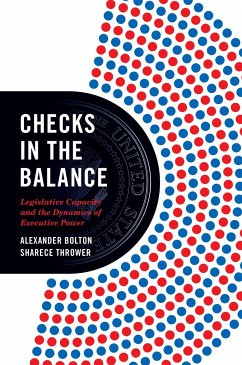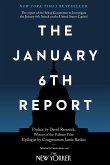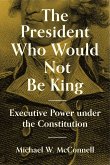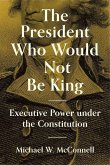"Congress is widely viewed as the most unpopular, unproductive, and ineffective branch of government. On both the left and the right, scholars and the public have noted an increasing imbalance between the power of the legislature and the power of the executive. At the core of this imbalance, Bolton and Thrower argue, is not a legislature unwilling to act against an energetic, muscular executive--but one that lacks the means and opportunity to do so. The executive branch has ample access to expertise and resources that the legistlative branch does not. Congress lacks, in the terminology of the authors, legislative capacity. In this book, Bolton and Thrower explore how capacity is key to separation of powers policymaking. Low-capacity legislatures face difficulties checking the executive branch, empowering executives to unilaterally bypass ideologically-opposed legislatures and to short-circuit the legislative process. When legislative capacity is high, however, the legislative branch can act to effectively stifle an ideologically opposed executive. Looking at Congress and state legislatures both historically and today, they show how capacity has varied over time and how this has affected the dynamics of power at both the state and federal level. While the work focuses on the US, their concluding chapter highlights other contexts in which this theory applies, and reinforces the general message that legislative capacity is key to understanding whether separated systems operate as intended and when executive power thrives"--
Hinweis: Dieser Artikel kann nur an eine deutsche Lieferadresse ausgeliefert werden.
Hinweis: Dieser Artikel kann nur an eine deutsche Lieferadresse ausgeliefert werden.








